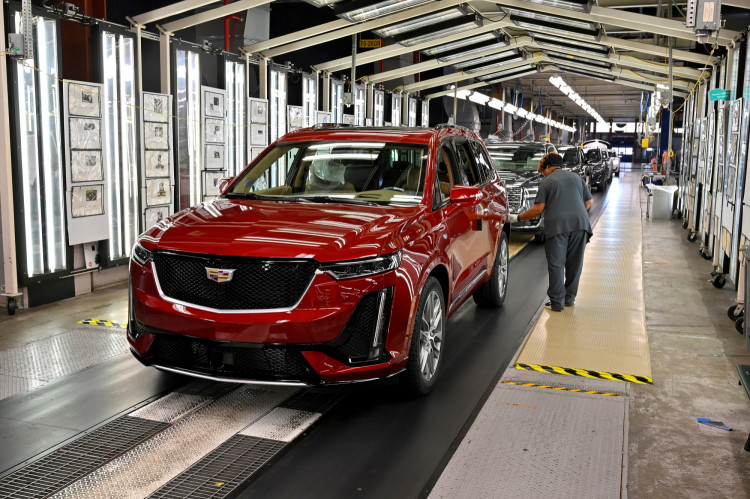A Bain executive claimed that the pandemic has been a wake-up call for companies operating in China. He suggested that manufacturing players should be resilient about their supply chain but still considers China as an attractive supply chain solution.
An expert vice president at Bain Gerry Mattios announced that the pandemic has been a wake-up call for his company. Bain's agenda includes building resilience in its supply chain. Mattios noted that Bain's business strategy for the rest of the year would be to build flexibility and allow Bain to quickly switch from different production sources.
He noted, however, that Bain continues to see China as a viable supply chain hub. Despite the confidence towards the country, Mattios added that exporting manufacturing capacity out of China is an option. Still, a lot of its capacity for internal consumption would stay in the country.
Last summer, McKinsey Global Institute noted that China accounts for 35 percent of the global manufacturing output. The country remains the largest market in the world for many sectors, including automobiles, mobile phones, and other luxury goods. It was also revealed that China accounts for at least 30 percent of total consumption worldwide.
According to the managing director of Alvarez & Marsal How Jit Lim, building resilient supply chains during the pandemic requires businesses to recognize that the same situation is being experienced in other locations. Lim focuses on supply chain management in Shanghai.
He added that the decision to more production for companies operating in China also compels them to establish long-term plans and commitment. These efforts, he said, were something that takes a longer time to plan, especially for those that want to minimize the costs during an economic crisis.
Lim also said that China is still a very attractive total supply chain solution. He further added that there are few countries that can provide what China can in terms of production. He also highlighted that the labor force maturity and talent pool in China remain strong.
Lim added that another factor that could affect the supply chains in China is political conflicts with other countries. He then noted that the changes do not necessarily result in a disadvantage to businesses.
In other news, China President Xi Jinping revealed that the country's annual economic growth target was set at six percent if the pandemic did not disrupt the economy.
Last Friday, the Chinese government omitted a gross domestic product (GDP) growth target for 2020 at the start of the annual parliament meeting. The omission was due to the uncertainties of the business environment and other economic sectors of China caused by the pandemic.






